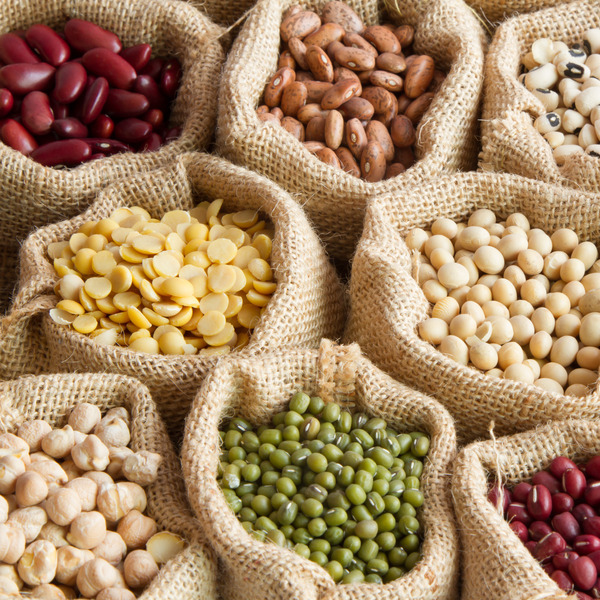While we are enthused about the plant-forward trend, others may need more convincing to jump on board. Many believe “meat and potatoes” are delicious and a staple to American cuisine, and while we don’t disagree, there’s just something about the opportunities plant-based dishes present that get our culinary brains firing on all cylinders. That’s why we wanted to take a minute to address three arguments against plant-based eating.
OBJECTION 1:
Plant-based eating doesn’t provide enough of the correct nutrients for the body. This won’t be true if a chef focuses on adding in the right elements. Creating dishes that have plant-based sources of protein and iron help “replace” those healthy nutrients of meat, while at the same time add other healthful items such as dietary fiber, complex carbohydrates, and calcium and decrease the presence of cholesterol and fat. Look to ingredients such as pinto beans, chickpeas, kidney beans, and soybeans and pair them with items like brown rice and quinoa.

OBJECTION 2:
Plant-based manufactured alternatives are just as unhealthy as meat. While every manufactured product is different and we can’t speak to all of them, one thing remains true: you can’t go wrong with thinking naturally. Scrutiny over brands utilizing artificial preservatives and fillers continues to make headlines as consumers expect fresh, natural, and clean ingredients. Ensure the pieces and preparations that make up your dishes are ones that diners can feel confident in consuming. And keep familiarity in mind. When you’re considering adding plant-based options, remember that while vegans and vegetarians may know seitan and tempeh, the average consumer is familiar with whole-food proteins like black beans and peas.
OBJECTION 3:
Eating plant-based has virtually no impact on the environment. This may be true if you’re speaking of one person; but the impact that it can make if the majority of consumers eat plant-based a few times a week can be powerful. Even the simple method of a “Meatless Monday” menu offering is an approachable way to start making a difference. Operators can also look into composting and environmentally-friendly goods to decrease their carbon footprint.
For more on our plant-based perspective, give this podcast episode a quick listen, in which Chef Michael Hornback discusses how to showcase value with innovative menu creations, global-inspired cuisine, and healthy sustainable offerings. And don’t miss out on this month’s A Plant-Forward Future newsletter for menu insights, operator tips, recipes, and more. We encourage you to begin exploring plant-based offerings on your menu and hope you’ll find some crowd favorites that find a permanent place there. Get creative, friends!
CRAVING MORE? CHECK OUT THESE SIMILAR POSTS

From Side to Star
No longer relegated to the bottom of the menu, today's side dishes are grabbing their share of the spotlight.

The Power of Pulses
Legumes have emerged as an ingredient of choice rather than need. And we’re into them—for their versatility, comfort, and potential.